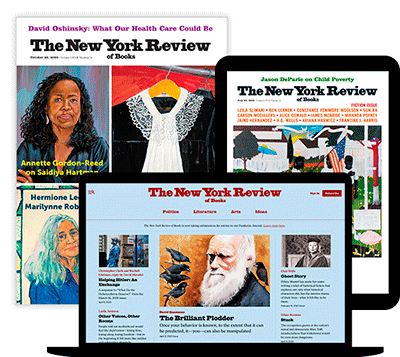On April 3, 2016, journalism colleagues around the world and I broke the story of the Panama Papers, 11.5 million documents leaked from the files of Mossack Fonseca, a Panamanian law firm that specialized in creating anonymous shell companies. The documents exposed how wealthy individuals and corporations, criminals, and corrupt government officials employ a hidden financial circulatory system to evade taxes and launder money.
Two days later, President Obama discussed the leak with reporters. “There is always going to be some illicit movement of funds around the world,” he said. “But we shouldn’t make it easy.”
As Casey Michel’s American Kleptocracy and Chuck Collins’s The Wealth Hoarders demonstrate, the US has made it astonishingly easy to evade taxes and launder money. While the term “tax haven” may conjure images of Caribbean islands and palm trees, Michel and Collins make the case that the world’s leading tax haven is America, which offers not only vehicles to hide ownership—anonymous companies, trusts, foundations—but also ways to invest illicit funds, such as real estate, hedge funds, art, even factories. A new leak, called the Pandora Papers, published in October by the International Consortium of Investigative Journalists (ICIJ), bolsters the case. The Guardian, an ICIJ member, found at least $1 billion held by more than two hundred US-based trusts.
The roots of this permissive system date in part to the 1830s, Michel writes. Under President Andrew Jackson, the federal government declined to assume responsibility for the incorporation of companies, leaving it to the states. (Incorporation allows companies to take collective action, provides them some protection from liability, and offers a legal structure, for which the government can charge fees and taxes.) It didn’t take long for New Jersey to seize the opportunity that the absence of federal oversight created. The state changed its laws to permit companies to exist in perpetuity and to operate entirely outside its boundaries, allowing citizens to sidestep the incorporation laws of the states where they lived, enriching New Jersey in the process. By 1902 income from company taxes and fees allowed New Jersey to abolish its property tax.
When the reform-minded Woodrow Wilson served as governor of New Jersey, he halted many of the state’s shadiest practices, and neighboring Delaware stepped forward. Under its incorporation law, as long as a company does no business in Delaware, it pays no state taxes. The state offers company owners complete anonymity. The combination of secrecy and tax avoidance worked so well that Panama’s lawmakers borrowed from Delaware’s incorporation law, which in turn inspired the laws of the British Virgin Islands. Beggar-thy-neighbor as government policy spread through America and into the rest of the world.

Continue reading
for just $1 an issue.
Choose a Digital subscription or our best deal—All Access—that includes print and digital issues, full archive access, and the NYR App!
Or register for a free account to read just this article. Register.
Already a subscriber? Sign in